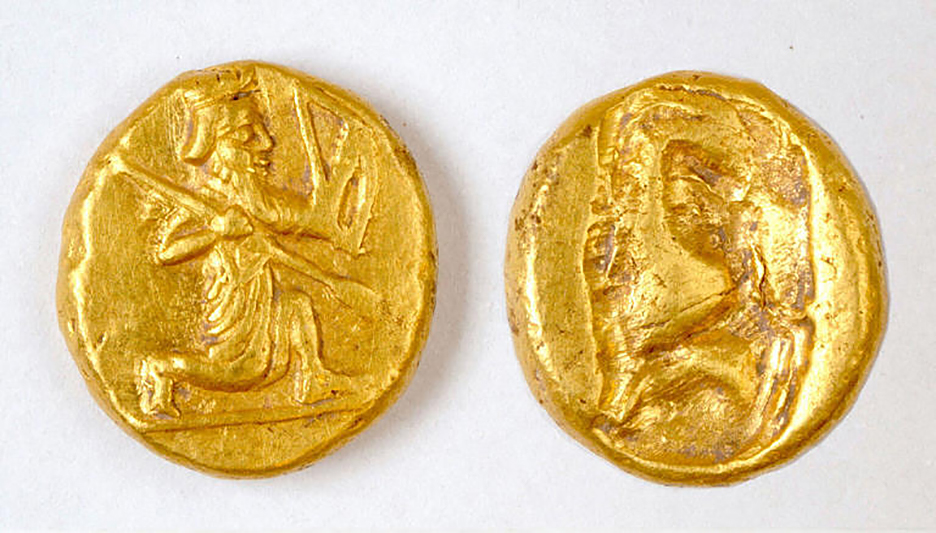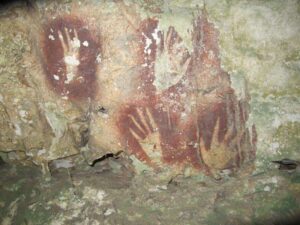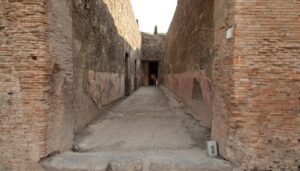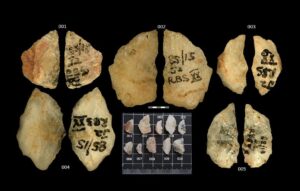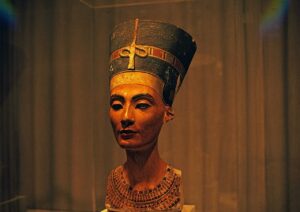A group of Michigan archaeologists working in Turkey found more than they bargained for when they unearthed an ancient trove of gold coins.
The coins had been hidden beneath a house in the former city of Notion, now in western Turkey, since the 5th century B.C. Each gold coin, called a daric, showed the figure of a crouching archer. At the time, the Persian Empire typically used darics to pay mercenaries for their services. According to the Greek historian Xenophon, each daric was a month’s pay for a soldier of fortune.
“The discovery of such a valuable find in a controlled archaeological excavation is very rare,” Christopher Ratte, a professor at the University of Michigan and director of the Notion Archaeological Survey, explained. “No one ever buries a hoard of coins, especially precious metal coins, without intending to retrieve it. So only the gravest misfortune can explain the preservation of such a treasure.”
The researchers had no explanation for how the coins came to be left by their original owner.
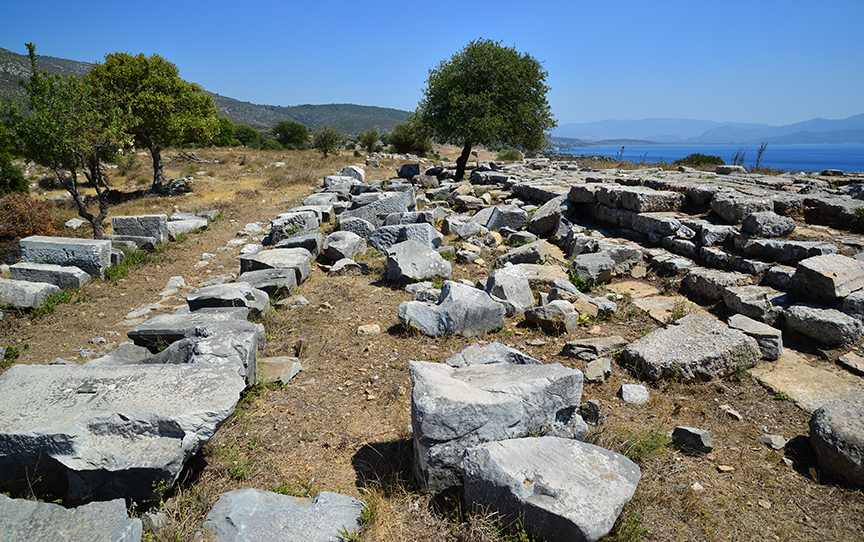
The ancient Greek city of Notion, in modern-day Turkey, where the coins were found. Photo: Shutterstock
When the coins were in circulation, the Greek city-state of Notion was part of the Persian Empire. Conflicts within the city-state and with neighboring states at that time prompted the common use of mercenaries.
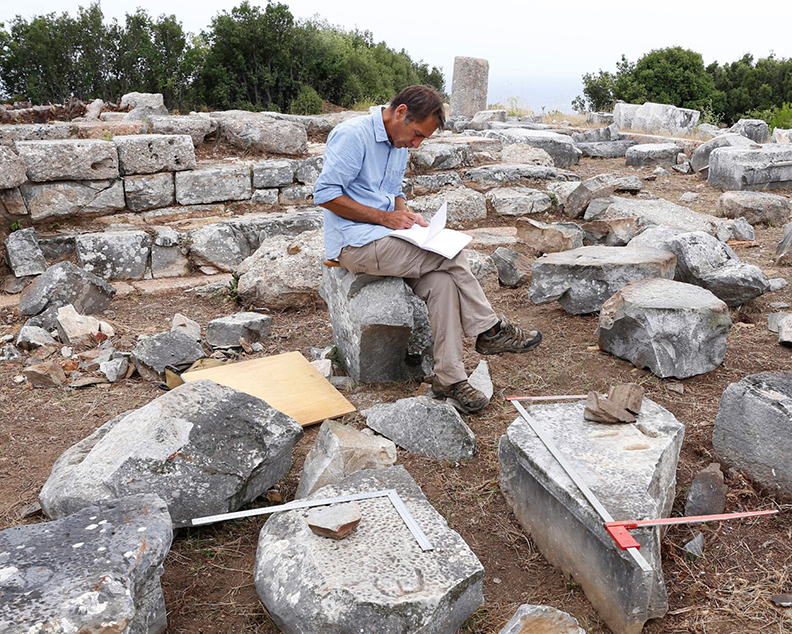
Christopher Ratte of the University of Michigan amid the ruins of Notion. Photo: Notion Archaeological Project/University of Michigan
